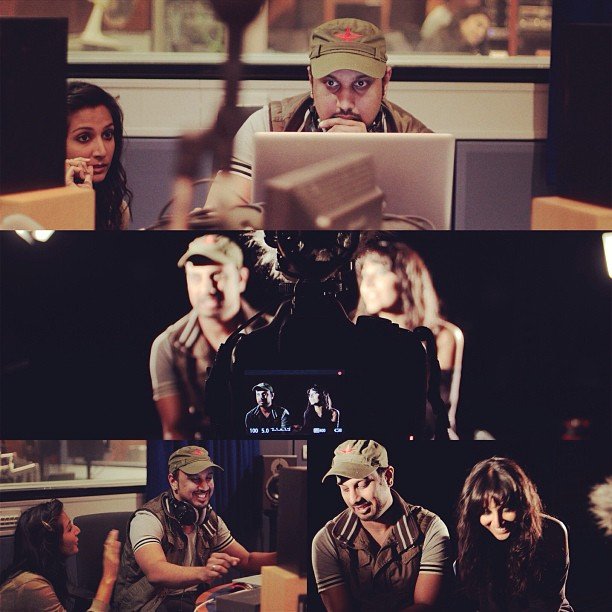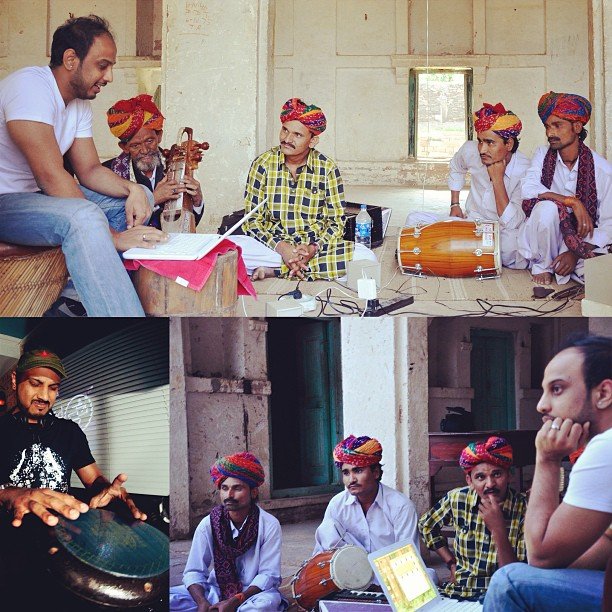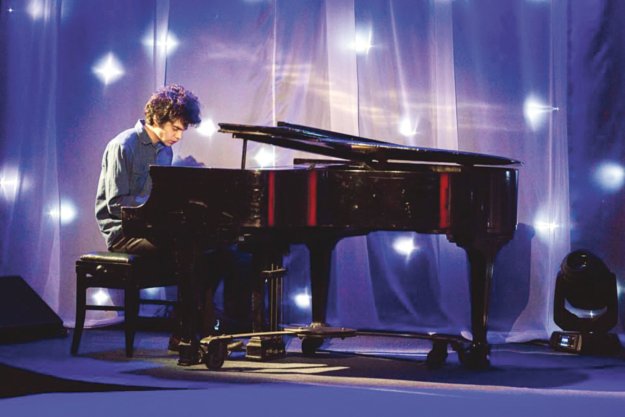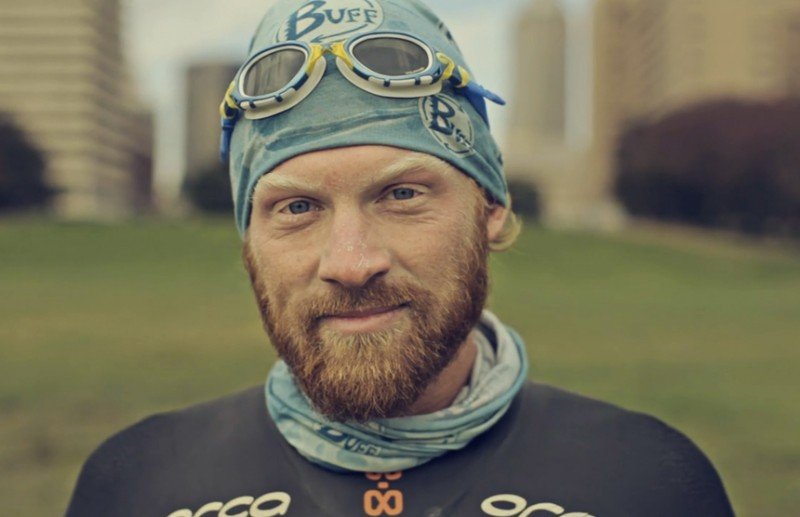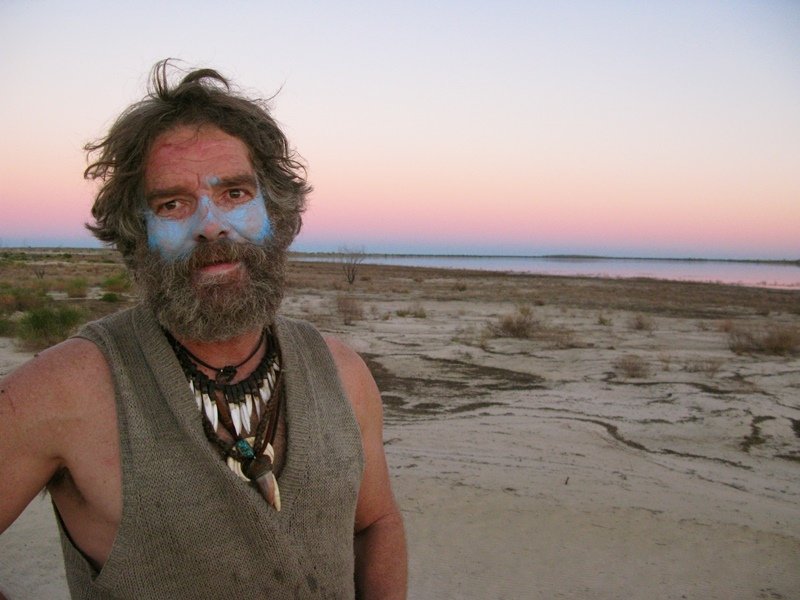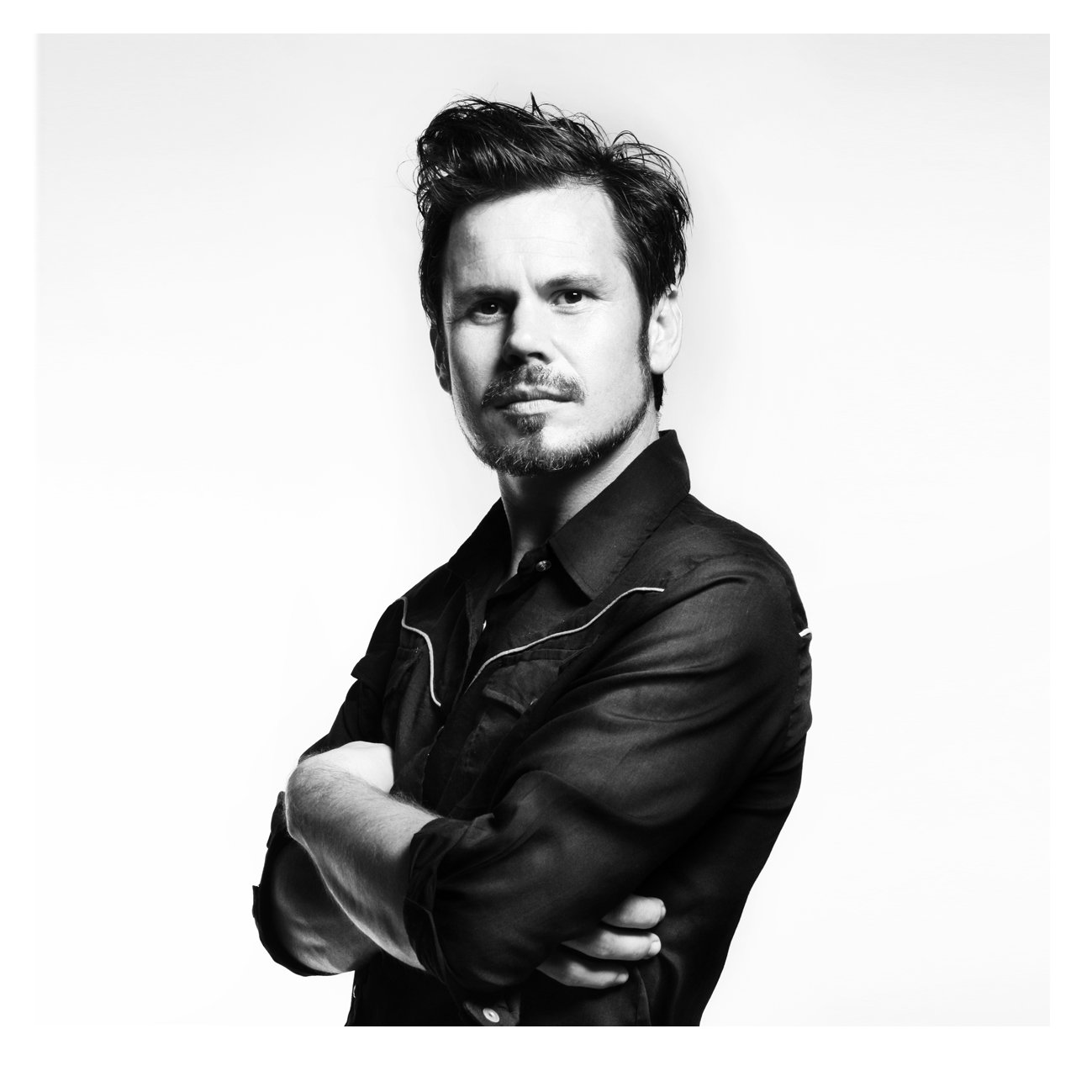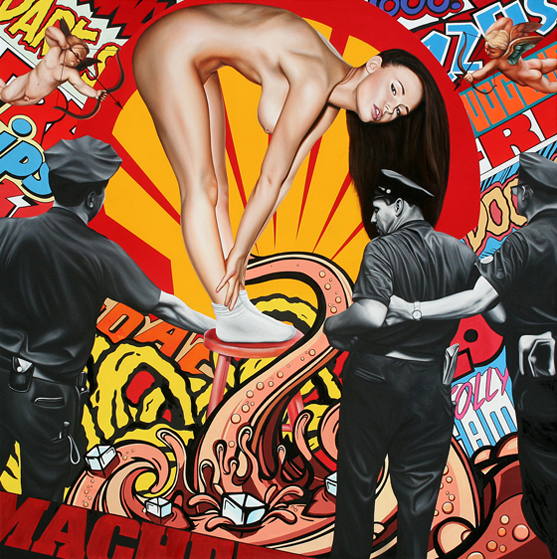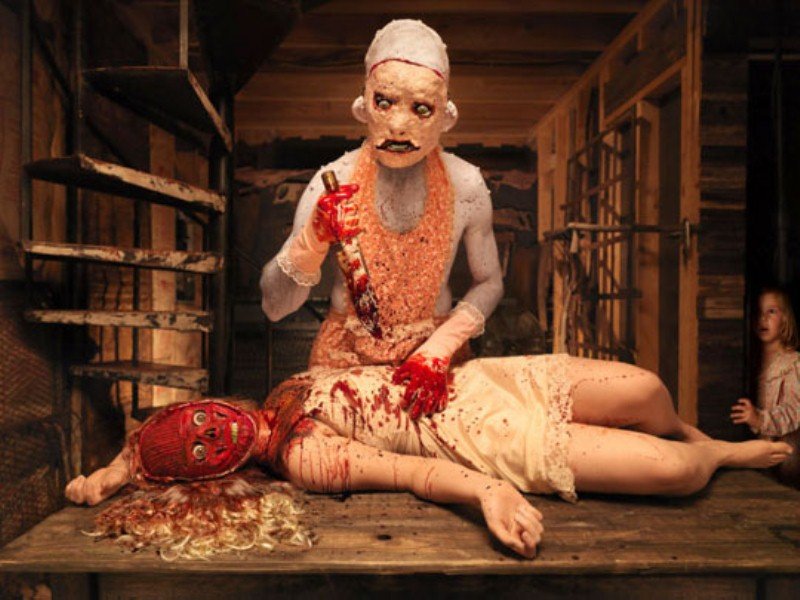India –
Emaho : ’Projekt’, ‘Correkt’, ‘Connekt’. Tell us about this intriguing ‘k’ factor.
Nothing major about the “k”. It was just to keep a common thread, keep it in the family, so to speak. It also sounded cool. That’s about it.
Emaho : Coming from an Indian classical background, how did your intense affinity for modern beats and bass-fuelled tunes evolve? How challenging is it to blend the two?
My roots in Indian percussion (tabla) allowed me to play and experiment with modern beats. It was always the way I used to play the tabla- I make beats up in my head when I write my tracks. I find it more fun doing that and less of a challenge; the bass in the track is my heart- beat.
Video Courtesy – Bandish Projekt
Emaho : What were the first few electronica artists that you were exposed to who woke you up to the possibility of producing this sort of music? What are your Indian influences?
I get bored with something that I listen to very easily, especially my own work. So I always look out for new and fresh sounds which would inspire me and keep me involved. Back in the days when I started listening to music I was into all styles of electronica from Prodigy to Squarepusher to Massive Attack to Amon Tobin, and I still listen to a few of them. Obviously, coming from an Indian classical background, the maestros of different classical instruments and their styles and gharanas of playing would inspire me too.

Emaho : Nucleya is said to have split from the original Bandish Projekt ‘to make bass-heavy music’. Were there any other factors involved? What led to the separation?
It was his own move. He wanted to make music under a different/solo name, so he did it.
Emaho : You are arguably one of the most passionate musicians in the music scene today. You’re a composer, producer, DJ, remix artist, performer, label owner and a multi- instrumentalist. How do you juggle all these hefty titles? Which role defines you and your music the best?
I never learned anything except playing the tabla; the rest of it was self-taught. As I read your question it actually reminds me of what all I do, which I usually don’t realize when I am doing it! But yes, it’s all about learning from experiences and a lot of thought goes behind each of these brands. I had always believed in creating things from scratch and making them the way I envision them. For me the name “Bandish Projekt ” is more important than my personal name. I think all the brands are made for each other. When I first started making music, I realised that nobody was playing my music, so I started playing my music under the moniker “Bandish Projekt”.
I wanted to release my sounds and nobody was ready to put them out, so I started my own label, Bheja Fry Records, with my partner Pritesh Varia .The label also allows me to express my creativity in the form of design and visuals which I love doing too.
Post that I would meet people and they’d tell me that they wanted to make electronic music but there was nobody to guide them. It was the same feeling for me back n 1997 – I wanted to know how to make electronic music and there was nobody to help me out. That’s where Bandish Beat Faktory was born. All the brands – Bandish Projekt, Bheja Fry records, Bandish Beat Faktory are interconnected and work hand in hand. They have a common goal. Good music. That expresses it all.

Emaho : How did you come up with the concept of your 2012 EP Correkt Remixed?
The concept of the Correkt Remixed was conceived way back in 2006, when I was working on the album “Correkt”. I always wanted other producers to remix my tracks as I love the whole process behind making a remix. Having done so many remixes for the longest time, I wanted to get the feel of how another producer would conceptualize his vision of something which is already there. It’s quite a challenge, a task in itself. In ‘Correkt Remixed’ I managed to get a competition going for one of the tracks from the album. The idea was to give new and young producers an opportunity to come forward with a radical vision, something which no one had heard before. I was really happy to see so many people getting involved and making it happen; it was a good exercise for all of us.
The word “remix” is often taken in the wrong way in India for some reason. In reality, a remix is equivalent to an original, and, sometimes, it can even be better than the original. It’s someone else’s way of exploring his or her soundscape in the context of sounds that already exist.

Emaho : According to The Memekeeper, the winner of ‘Correkt Remixed’, Bandish Projekt ‘both defines and defies the Indian electronic scene like no one else’. How do you feel the Indian electronica scene has progressed since you started off in October, 2009?
I started off in ‘97 and never stopped. It still feels like it started yesterday. Thanks to The Memekeeper, I still don’t know how to define myself in the Indian electronic scene! But yes, there is a whole bunch of new and young producers doing some kickass stuff. I still think the reach limited for this type of music. The Internet is just not enough to make it big; it’s just that we think it’s a big scene because we live in that scene, but the truth is that nobody else is aware of it.

Emaho : You’ve done some very interesting collaborations so far. Tell us about your long-standing working relationship with Shane of Last Mango in Paris. How did the idea of incorporating spoken word poetry into your music originate?
Oh Shane! I just love him; I am a big fan of his work since the first time I heard his music on Sounds of the Asian Underground – the track “Accepting Trankuilit”.
He was known as The Milky Bar kid then. I met him in 2006 in London at the Vibe Bar. We started exchanging ideas and music. Some of them turned out to be fanatstic releases like the track “Waiting” from Correkt, then “Brown Skin Beauty”, and the next single “Alchemy” from the album “Connekt”, which is due for release in the next few months. Shane is one of the few people who is really intense in his words and thoughts at the same time. He is funny and intelligent; he’s one of the people who inspires me to think, which I usually don’t!
Emaho : Your collaboration with Monica Dogra, ‘Lover’, was nominated for ‘Best Indian Act’ at last year’s MTV Europe Music Awards. What was it like working together? The video was dark and abstract; who conceptualized it?
It was great working with Monica. Never thought that it would be nominated for the EMA. It started with Monica and me having this vision about how the video would look like, but Jeoff (the director of the video) took it to another level. It was hard work and I totally loved it.

Emaho : What are the genres that you have experimented with in your upcoming release this year, Connekt?
I am really excited about Connekt as I like surprising myself all the time. I am really looking forward to the release which is gonna be later this year and we are all kicked about it. Everything ranging from 70 Bpm to 174 Bpm – you’ll find it there. You can figure out the genres yourself.
Emaho : Bringing together producers from different musical origins is clearly something that excites you. What collaborations can fans look forward to next?
I think collaborations gives you another thought, mind, perspective, aim and a host of other things which inspire you to do something with another artist. Connekt is all about collaborations; it’s about me ‘connekting’ with other artists and producers. For years I have been meeting so many great people; it’s all about that ‘connekt’ which expresses our dialogue through music. This album also features a host of unknown artists that I have had the pleasure to have worked with.

Emaho : We want to know about the ‘shady side’ of this business. Also tell us about ‘Grime Riot Disco’ and your take on blowing up dancefloors.
I don’t know much of the shady side as I don’t know business and I am really bad at it. ‘GRD’ is cool; I think I did their first one where I was playing my set and I definitely remember when one of the bass bins was blown off as it couldn’t handle my bass! I think my bass does the job.
Art & Culture Interviewed by Aditi




